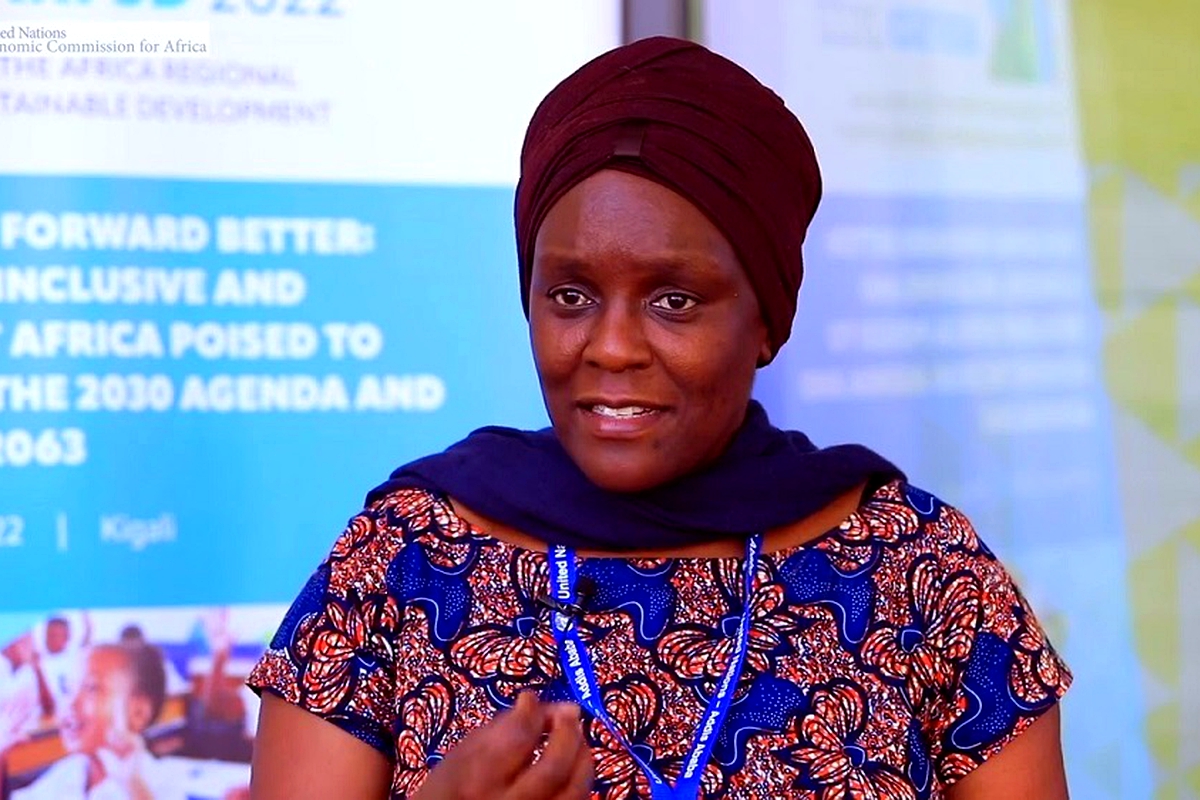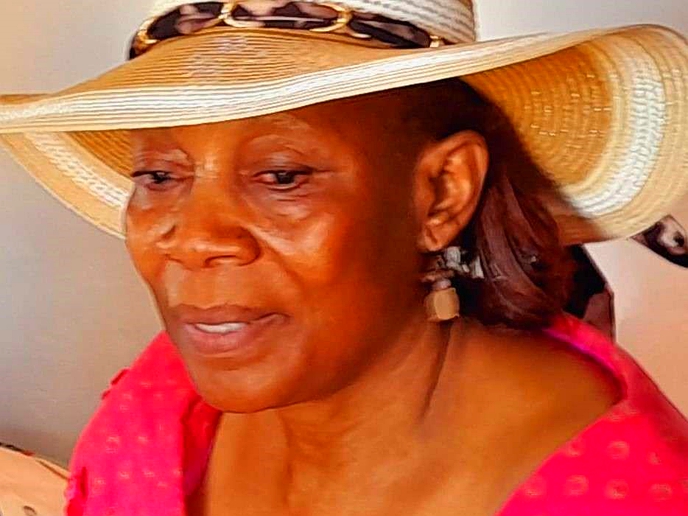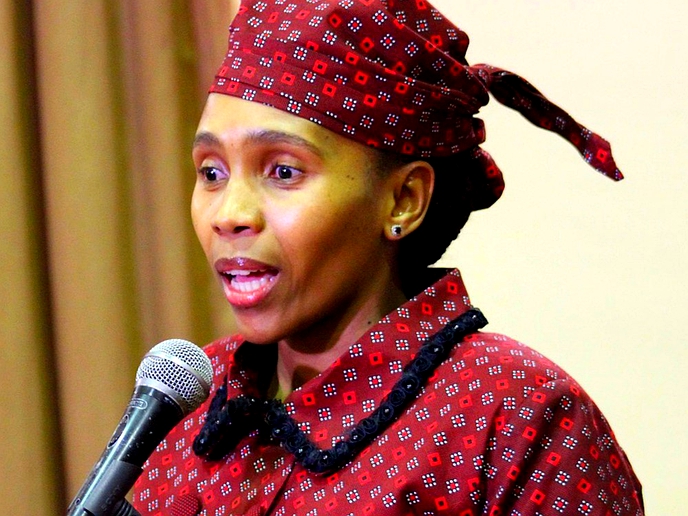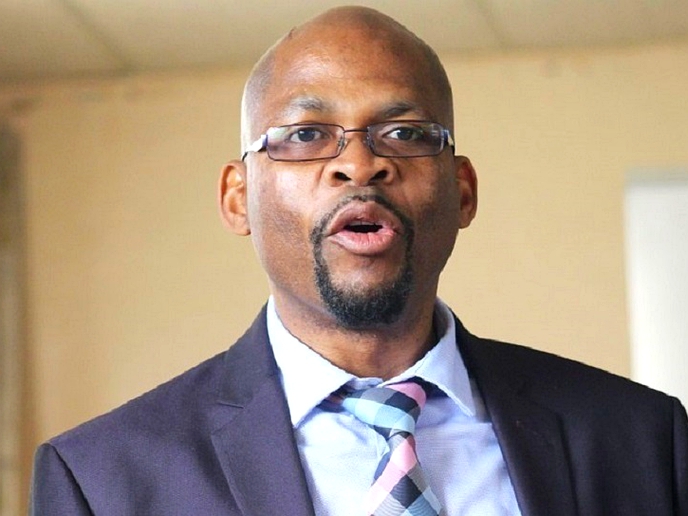LESOTHO loses over M1.9 billion per year in initiatives geared towards the fight against Gender Based Violence (GBV), says the United Nations (UN) Resident Coordinator in Lesotho, Amanda Khozi Mukwashi.
health
June 22, 2022
LINEO MABEKEBEKE
2 min read
M2 billion spent on GBV per annum

UN Resident Coordinator in Lesotho, Amanda Khozi Mukwashi
Story highlights
Costs, she said in terms of healthcare, lost production, education, food security and all other things were incurred when women and girls experienced violence, unable to produce, work and be productive due to GBV.
“They are also a cost to government,” Ms Mukwashi said during the 2gether 4 SRHR amplification workshop held on behalf of the UN agencies in Maseru this week.
“They need health care and additional psycho-social support while children drop out of school because of the issues of violence. This is where victims and families also suffer as they also covered costs of treatment and in some instances funeral costs where deaths occurred as a result of GBV.”
The Principal Secretary in the Ministry of Health, Khothatso Tšooana said sexual and reproductive health was an essential component of human life, adding that the COVID-19 pandemic and dramatic increases in climate driven disasters demonstrated the value of having integrated sexual and reproductive health services.
He said essential health service delivery was affected including services related to SRH/HIV and GBV when COVID-19 broke out in 2020.
“This has been the case even in drought situations where services including maternal health services were affected,” Mr Tšooane said, adding that the participating UN agencies - UNAIDS, UNFPA, UNICEF and WHO, had worked with government and multiple stakeholders such as civil society organisations, youth groups, existing community structures and the private sector to empower adolescents, young people and the rest of the population.
Enjoy our daily newsletter from today
Access exclusive newsletters, along with previews of new media releases.
He said stakeholders had made strides in shaping up the SRHR, HIV and GBV programs, where relevant ministries of health, local government, law and police came together to ensure there were appropriate tools in tackling GBV.
“We now have guiding policies addressing the high maternal mortality and family planning problems,” he said.
2gether 4 SRHR is a joint United Nations programme that combines the efforts of UNAIDS, UNFPA, UNICEF and WHO to improve the SRHR of all people. Funded by Swedish International Development Cooperation Agency (SIDA), the goal is to improve SRHR of all people in Lesotho, particularly women, adolescent girls, young people and the population at large.
The funding has brought together the collective and combined strengths to the ministry of health through its family health division and the four UN agencies and entities. The programme aims to fast-track the attainment of the 2030 targets of Sustainable Development Goal (SDG 3) to improve the health and well-being for all at all ages, and SDG 5, to achieve gender equality and empower all women and girls.
Tailored for you






